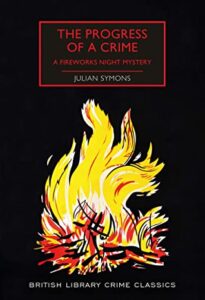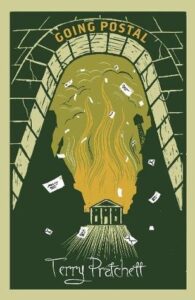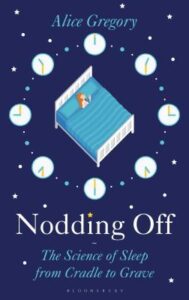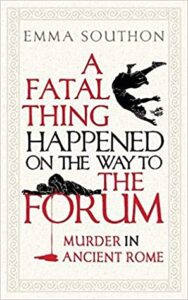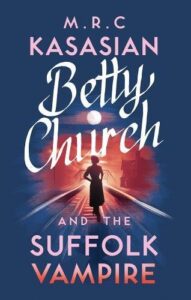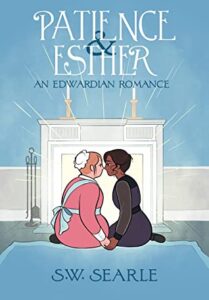 Wish You Were Here, Rita Mae Brown, Sneaky Pie Brown
Wish You Were Here, Rita Mae Brown, Sneaky Pie Brown
Wish You Were Here is another of the books I read to potentially review for the Postcrossing blog someday. It will fit in perfectly there, because the main character Harry is the postmistress of a small Virginian town, and one major clue in the murder investigation she gets wrapped up in is the delivery of a postcard showing a gravestone, with the message “wish you were here”, to each of the victims.
The mystery was okay, but I didn’t get too much into it because the behaviour of the cats and dogs bothered me. I have bunnies; I get the temptation to anthropomorphise them — truly, they make it too darn easy. But that doesn’t mean it works for me written down on the page, and sometimes the cats and dogs felt like an opportunity for the author to grandstand about very human concerns. (Though with what I assume and hope are nods toward canine and feline sensibilities in the repeated theme of the cat and dog thinking that mentally ill people should be killed as children, as they would cull sick kittens/puppies from their own litters. This doesn’t come off, really, and I dearly hope I’m correct in attributing this as an attempt to make their narration sound a bit more like a dog or cat.)
Even putting that aside, I also didn’t think the antics of the animals added much to the story. Not much could be communicated between their side of the investigation and Harry’s, and it didn’t read as believable behaviour when they did communicate.
Also, a relatively small niggle, but at one point the police officer in charge of the case goes to the retired doctor to ask him questions about the mental health of everyone in town, which he readily answers, with detail. I’m fairly sure a retired doctor must still uphold medical confidentiality — and even if it isn’t a law, I wouldn’t trust a doctor or retired doctor who didn’t. As a person, let alone as a doctor.
I had a number of niggles like that, like wondering how Harry’s nickname is Harry, even to her close friends since childhood, when it comes from her ex-husband’s surname (not her own).
All in all, it just didn’t come together for me, partly because one of the central conceits left me cold. Fun as a one-off, but I won’t be continuing the series.
Rating: 2/5
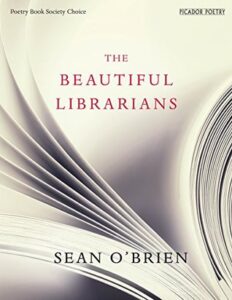 The Beautiful Librarians, Sean O’Brien
The Beautiful Librarians, Sean O’Brien
